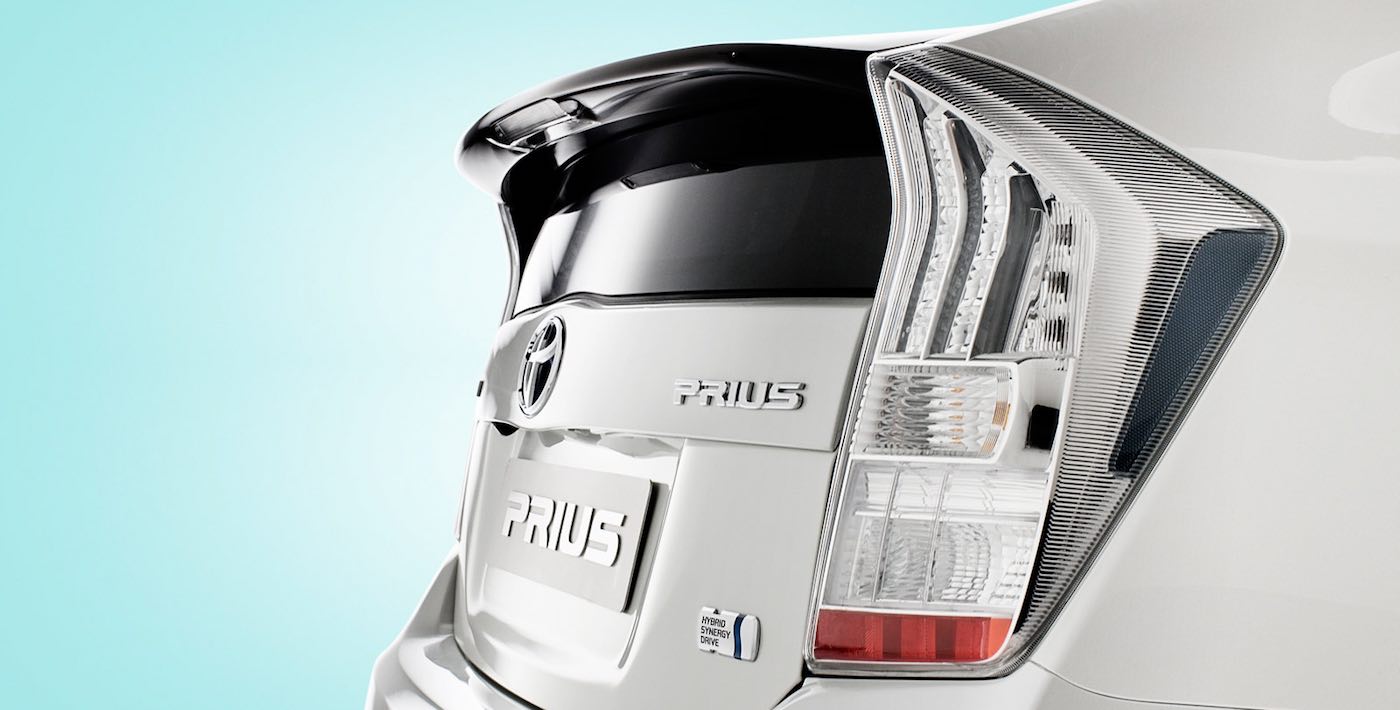An increase in the sale and use of electric vehicles (EVs) is vital for many governments to reach their stated CO2 reduction targets, however if special regard is not quickly given to advancing the technology in recycling the battery packs of these EVs, our landfills could be overrun.
Looking for a solution to the battery waste problem, a study published in Nature by University of Birmingham researchers presents this sticky situation alongside some innovative ways to help combat it. For example, stations of retired EV batteries can be used to reinforce unstable grid networks in developing countries, or used to power things at home.
The study explains that, like the batteries in older mobile phones, an EV battery at the end of its automobile life could still maintain 80% operating capacity and could be easily repurposed for jobs elsewhere in society.
Even now, Toyota, producer of the Prius—one of the most, if not the most, successful hybrid cars in history—has joined forces with 7-11 stores in Japan to expand the integration of the electric vehicle byproducts into Japanese society.
RELATED: Scientists Develop New Material to Make Lithium Ion Batteries Self-Healing and Easily Recyclable
Their project, in line with the latest recommendations from the Birmingham researchers, aims to utilize banks of expended EV batteries from Toyota cars in conjunction with solar panels to power 7-11 stores, while new fuel-cell EVs powered by hydrogen will be serving as the distribution fleet for the legendary convenience store chain.
Meanwhile, we can extract minerals from batteries, while at the same time avoiding the environmentally-damaging mining practices that use a lot of water.

“Electric vehicles may prove to be a valuable secondary resource for critical materials, and it has been argued that high cobalt-content batteries should be recycled immediately to bolster cobalt supplies,” the study says.
Another mineral present in EV batteries, lithium, is one of the most critical minerals for building batteries for our portable devices and key electronic components in society like video processors and microchips.
RELATED: Largest Purchase of Electric Vehicles in History: Amazon Orders 100,000 EV Delivery Vans
To gather merely one ton of lithium requires the mining of 250 tons of the mineral ore spodumene, or 750 tons of mineral-rich brine. Therefore extracting lithium from car batteries (since estimates suggest that we only need 256 used EV batteries to produce 1 ton of lithium) can avoid this water-intensive carbon-intensive method of production.
In 2017, the worldwide sales of electric cars exceeded 1 million units for the first time. Market research group Deloitte reported that this figure doubled during 2018, and is close to doubling again, from 2 million to 4 million by the end of 2020.
Those are big secondary resources for minerals, which could negate the need for mining many additional tons in order to power the world we love.
POWER Your Social Media Feed With Positivity – SHARE the Green News!




















